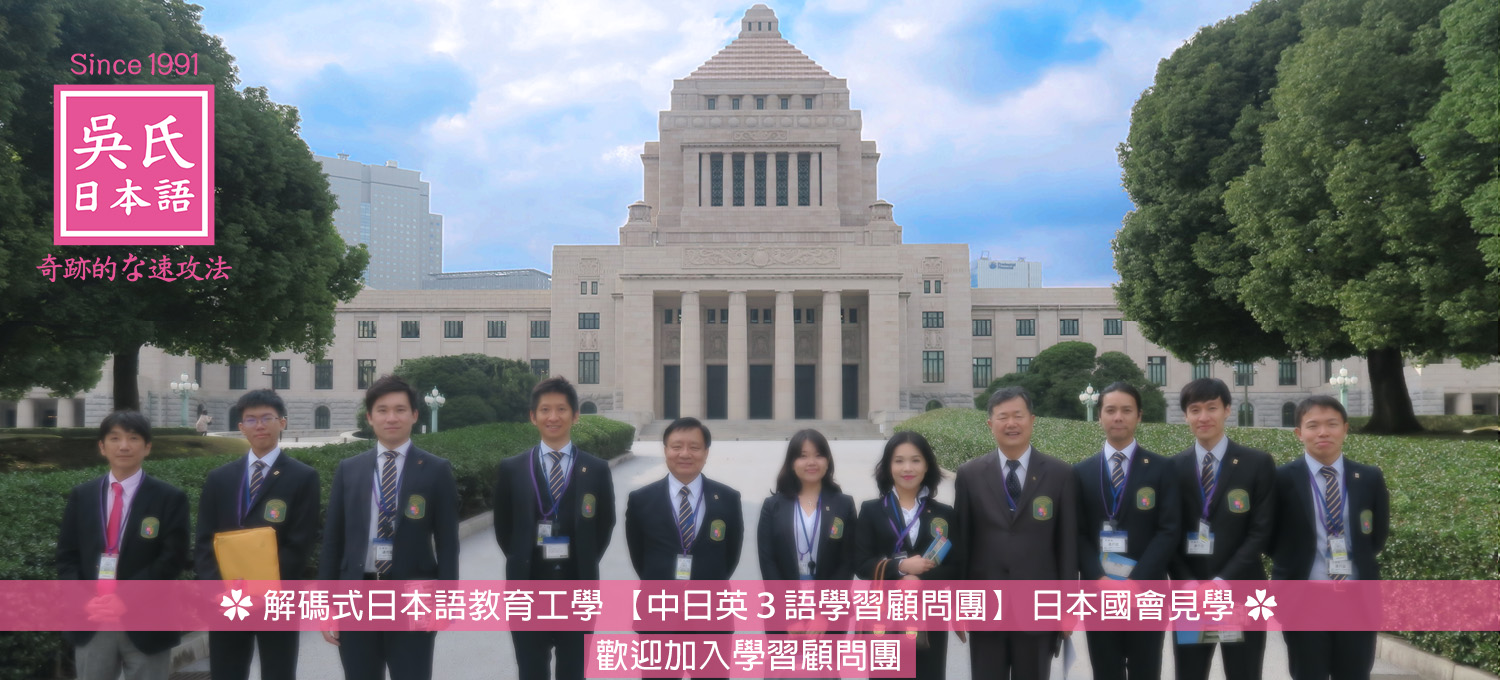收到 盧WY學友捎來喜訊:「通過博士資格考,成為博士候選人!」謹此祝賀!一併分享。
盧WY學友在美國Massachusetts州留學。修畢博士課程後之博士資格考,第二外語考學術論文之日翻英,順利合格。盧WY學友由於本身課業忙碌,僅有時間參加實務閱讀班。雖僅參加約100小時之課程,但日翻英學術論文測驗,兩小時內就完成。憑藉實力,通過博士資格考,成為博士候選人,特此祝賀。
主考官閱卷評語:「修辭學上,或未臻至完美,但對每一文句之意義與重點,都確實掌握!」時限壓力下,能精準翻譯就已經不簡單了,修辭的話,有時間,則發揮國學素養即可。
非常恭喜!!
盧WY 學友:
妳好。恭喜通過博士資格考!謝謝來函告知學習進展。
博士後,如有機會,或可至日本實際經驗一些日子。學音樂,又深度懂日本文化的專業人士,非常稀有,值得深入!在日本,應該會找到不少專業相關之寶物!
後續課程,可確實再提高綜合日語實力,尤其全日語速聽速讀課程,更有深度,需要時,建議進階,必有大助益。
再度恭喜!
吳氏日文
敬賀
學術論文,限時日翻英?!乖乖!有夠嗆!
吳氏日文學友之英文能力,應該都在水準之上,盧WY 學友之英文心得,就暫恕不翻譯了。不過如有哪位學友願意代為翻成漢文,或練習翻譯成日文,將儘速分享之。(近日教材缺書,準備再版,較為忙碌。否則又要如之前,又要開天窗,暫停招生了!^-^\\。過些日子,再將盧WY 學友之英文來函,翻譯成日文,分享大家。)
啊!美麗的Massachusetts州!~ W某人年輕時,也有幸在該州留學過。九月,入學不久,滿山都是秋色,壯觀景緻,精采無比。一直覺得該州或可改譯成:滿山秋色州,讀音既相近,也遠比什麼麻塞諸賽州更容易記憶。正如同看過斯得哥爾摩當地的青年們,悠悠哉哉地在草地上看書、曬太陽,與心愛的女友,相依相偎,如詩如畫,真的是:詩的哥兒們。)
– – – – – – – – – – – – – – – – – – – – – – – – – – – – – – – – –
Dear Wu sensei:
Actually I finished my program in May of 2007. The reason to report my studying experience so late is that I was struggling for my doctoral exam after passing of the Japanese-English translation test. Fortunately, I passed my doctoral exam last semester and have been advanced to PhD candidacy this semester. I’d like to have my “heartest” thanks for your highly organized and systematic reading program which helped me fulfill the prerequisite of the doctoral exam.
Before I was eligible to take my doctoral exam, I had to pass the translation test for two foreign languages. Japanese was one of them. I had never expected I could obtain reading ability within 60 hours since I knew nothing about Japanese except for hiragana and katakana. But I made it with this fantastic program. This valuable program teaches the whole framework of Japanese language from the fundamental to the detailed rules so that students are able to analyze each sentence as comprehensive as possible. The way of seeking the root of grammar allows a native Chinese speaker to logically find out the skeleton of Japanese writing and further understand the article without memorizing the variable Japanese vocabularies first. This program is definitely useful for a smart student, but the step-by-step instruction and the reasonable repetition of main points still naturally help a relatively dull student catch the effective way of reading. In other words, the program clarifies all trivial reading problems from pointing out the kernel of grammatical arrangement. Usually, this can only be done by years of learning in the traditional Japanese program in which students cram up the knowledge of Japanese but not really comprehend it. Wu sensei clearly realizes not only the source of learning problems, but also the students’ choke points of learning processes, and thus knows how to design a most effective curriculum. I can perceive the logic and the motive of the plan of instruction.
In my Japanese-English translation test, I was expected to translate two academic articles related to traditional Japanese music (because I am a student in music.). One was about the musical theory of gagaku, and another was for the history of shamisen music. The formal academic writing actually uses a lot of Chinese characters, so I was able to translate without checking a dictionary, but with only analyzing the sentences. I completed the translation within 2 hours. My examiner said that my translation may not be perfect (such as rhetoric), but it’s clear that I understand the meaning of each sentence and the points of the articles. It’s really amazing that I achieved the test in such a short preparing time. If in any case I have the chance to do the postdoctoral work in Japan later, I won’t hesitate to order your all other programs to improve my Japanese skill. It’s lucky to meet this practical and beneficial program in my life. I really appreciate it.
2008-03-22
